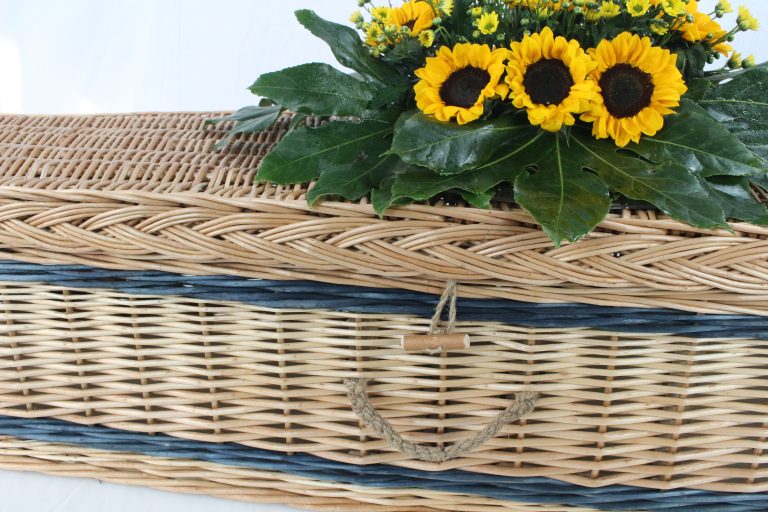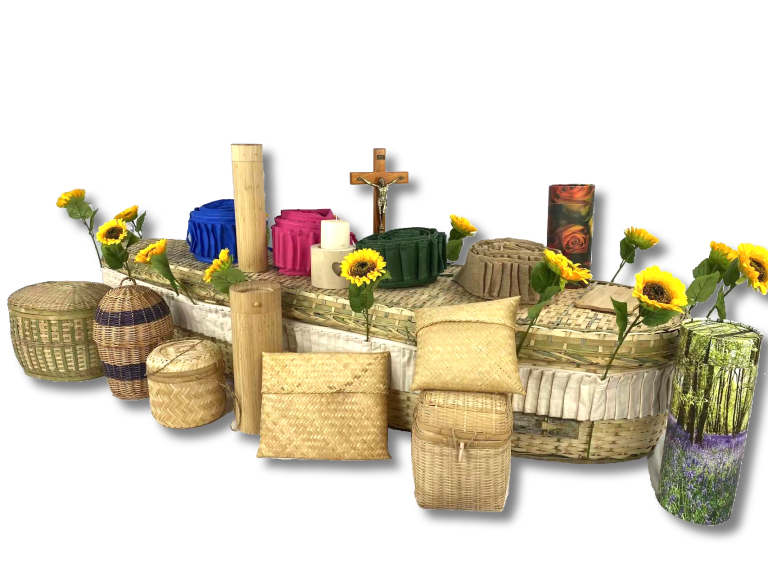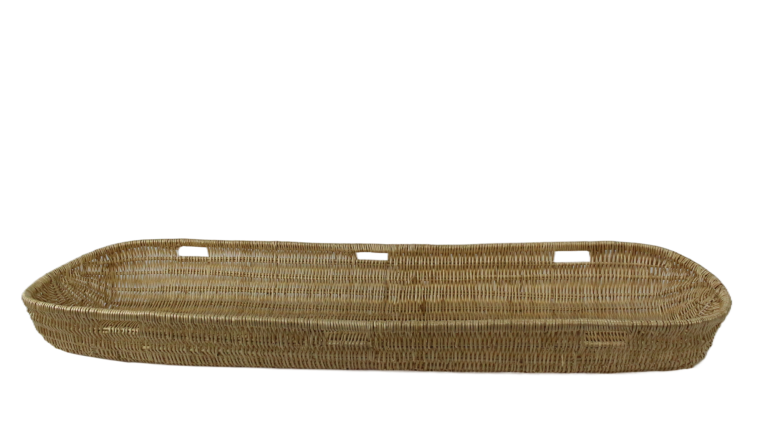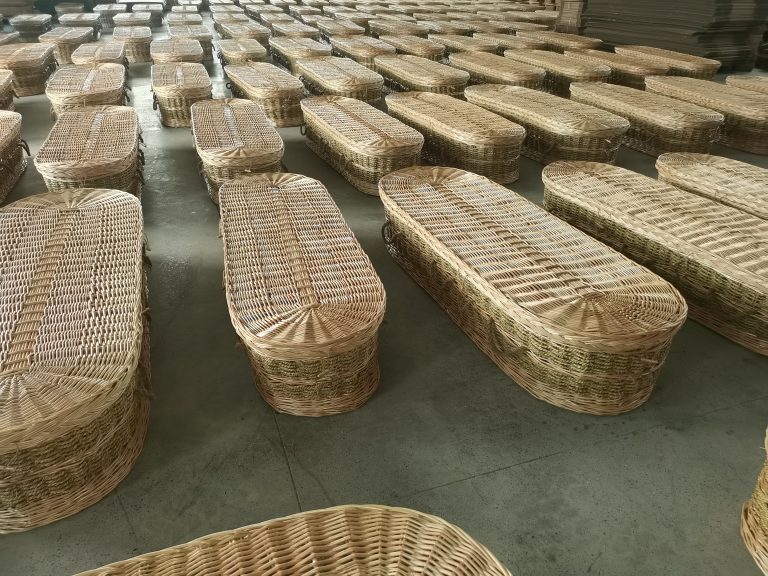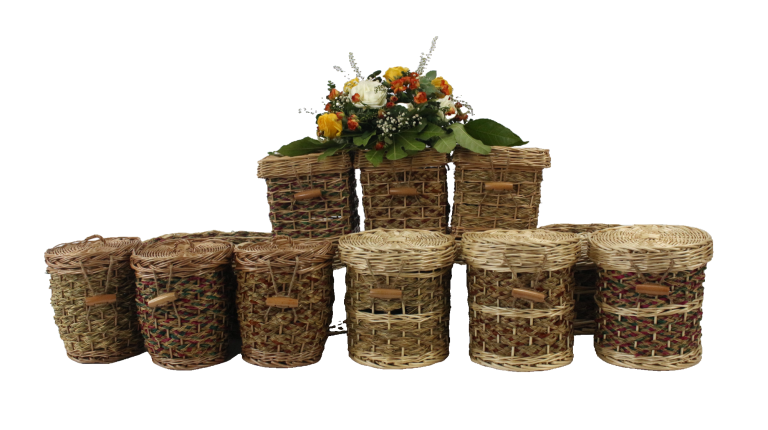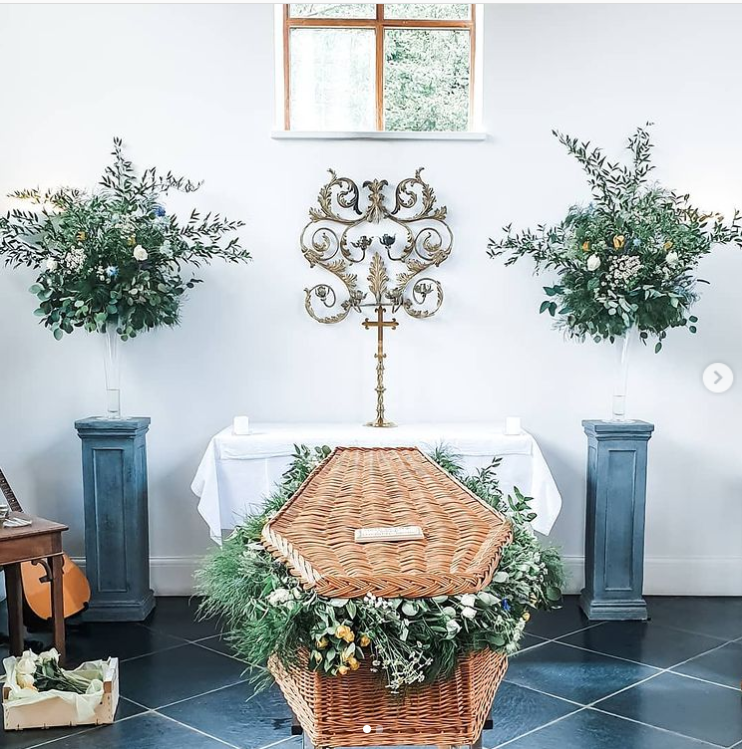In the vast deserts of the Middle East, where Bedouin tribes have navigated arid landscapes for centuries, a profound connection to nature is being reimagined through modern green burial practices. The humble willow tree—though not native to the region—serves as a symbolic bridge between ancient nomadic traditions and contemporary ecological consciousness, offering a vision of death that honors both cultural heritage and environmental sustainability.
For Bedouin communities, life and death are intertwined with the desert’s rhythms. Traditional burial practices emphasized simplicity and impermanence: bodies were wrapped in plain cloth and laid to rest in shallow graves, often marked only by stones, allowing the desert to reclaim the remains swiftly. This practice reflected a deep reverence for the natural world and a belief in the cycle of life and decay—a philosophy that aligns seamlessly with modern green burial principles. The willow, known for its resilience and ability to thrive in harsh conditions, mirrors the Bedouin ethos of adaptability and survival. Its weeping form evokes the desert’s quiet melancholy, while its role in preventing soil erosion resonates with the Bedouin commitment to living in harmony with the land.
Today, designers and environmentalists are drawing inspiration from these traditions to create willow-based eco-caskets tailored to arid environments. While willow is traditionally associated with wetter climates, its cultivation in Middle Eastern oasis communities highlights its potential as a sustainable burial material. Artisans weave willow caskets using techniques reminiscent of Bedouin basket-weaving—a craft historically used for creating functional items like storage containers and tents. These caskets, designed to biodegrade quickly, facilitate the body’s return to the earth without disrupting the delicate desert ecosystem.
The symbolism is powerfully reinforced by initiatives like the Cultural Corridors of Peace project, which revives Bedouin nomadic routes to foster cultural exchange and environmental stewardship. This project underscores how Bedouin traditions, once centered on survival, now offer innovative solutions for sustainable practices, including burials. By choosing willow caskets, families not only honor Bedouin values of simplicity and ecological balance but also resist the modern encroachment of resource-intensive burial practices.
In merging Bedouin nomadic wisdom with green burial innovation, the Middle Eastern willow narrative transforms funeral rites into acts of environmental and cultural preservation. It is a testament to how ancient traditions can guide modern sustainability, turning the desert’s stark beauty into a timeless vessel for memory and return.
Roconly Funeral Supplies Co.,Ltd.
Whatsapp: +86-18265103836 (Whatsapp & Wechat & Tel)
Email: jason@roconly.com
#roconlycoffins#everecoffin#willowcoffins#bamboocoffins#burialflowerbands #naturalfuneral#flowerbands#woodcross#shrouds#cremation#greenfuneral #craftsmanship #chinafactory
We are a factory supporting eco friendly green funeral(natural willow coffins\bamboo caskets and so on) .. for detail please contact us www.roconly.com;
Whatsapp: +86-18265103836 (Whatsapp & Wechat & Tel)
Email: jason@roconly.com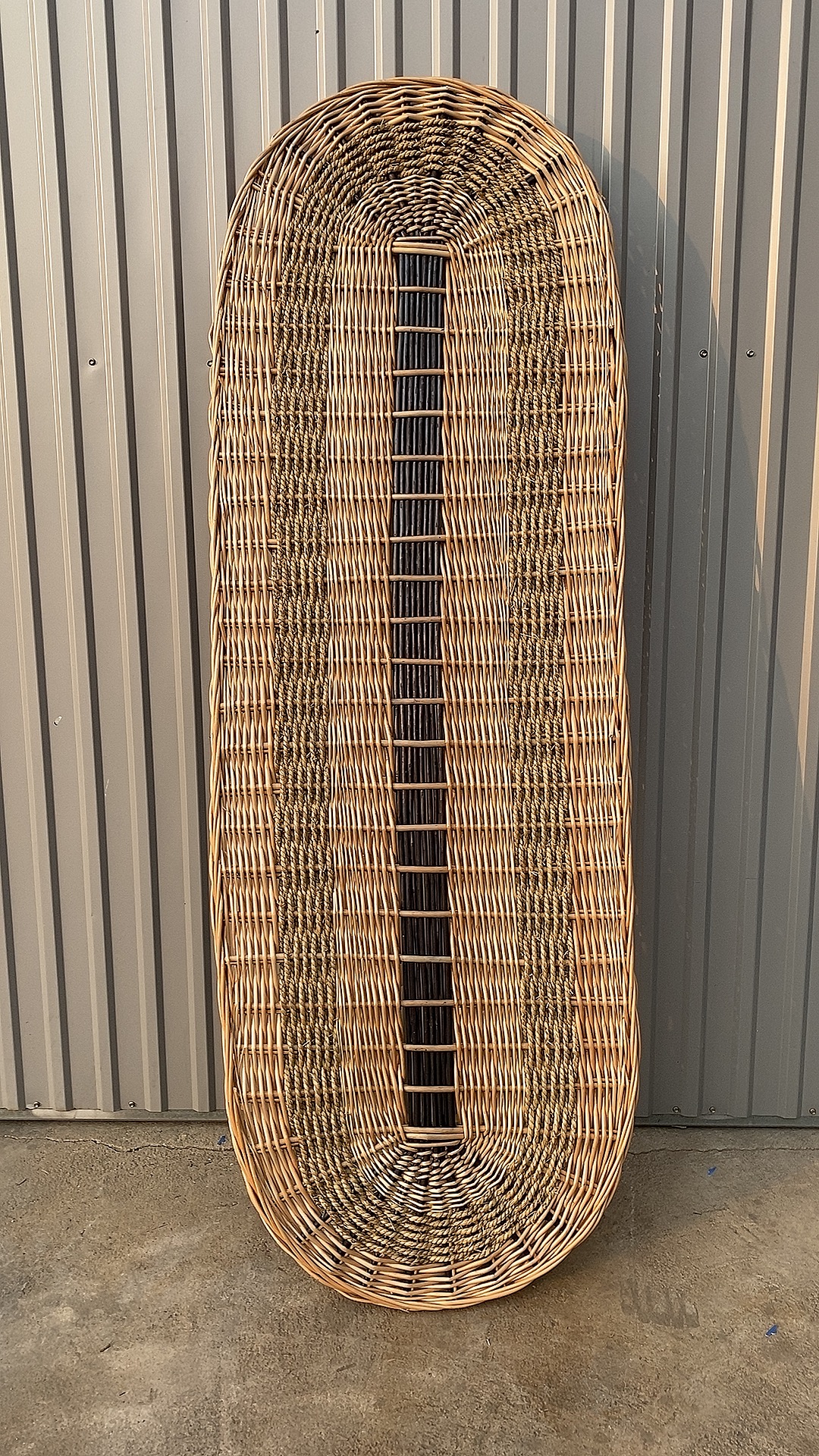 We can supply our sustainable coffins to funeral directors throughout England, USA,Australia, Netherlands, etc#roconlycoffins #everecoffin #wickercoffin#bamboocasket#seagrasscasket#uniquecoffin@everyone@followers
We can supply our sustainable coffins to funeral directors throughout England, USA,Australia, Netherlands, etc#roconlycoffins #everecoffin #wickercoffin#bamboocasket#seagrasscasket#uniquecoffin@everyone@followers
